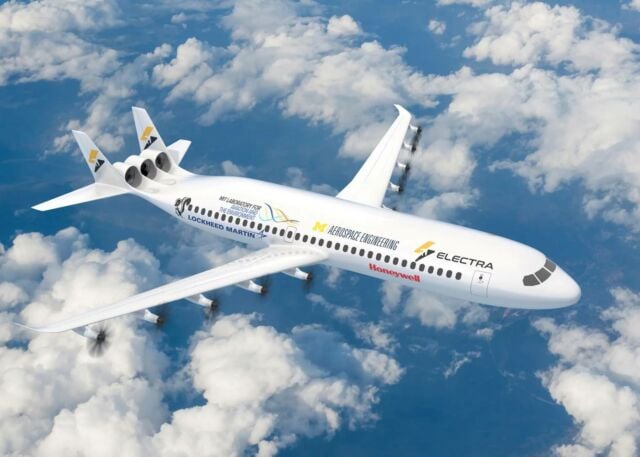 Electra’s electric propulsion. Electra
Electra’s electric propulsion. Electra
NASA has funded five new studies to explore the future of sustainable aircraft, aiming to make planes more efficient and eco-friendly.
These studies, part of the Advanced Aircraft Concepts for Environmental Sustainability (AACES) 2050 program, will examine new aircraft designs, propulsion systems, and technologies that could transform commercial aviation by 2050.
Four companies and one university received $11.5 million in awards, each developing innovative concepts that could reduce emissions and fuel consumption.
These efforts will help NASA select promising ideas to advance sustainable aviation:
Above: Electra’s electric propulsion and integrated aircraft technologies. The team’s project focuses on electric propulsion, integrated aircraft technologies, and vehicle design. Electra
—
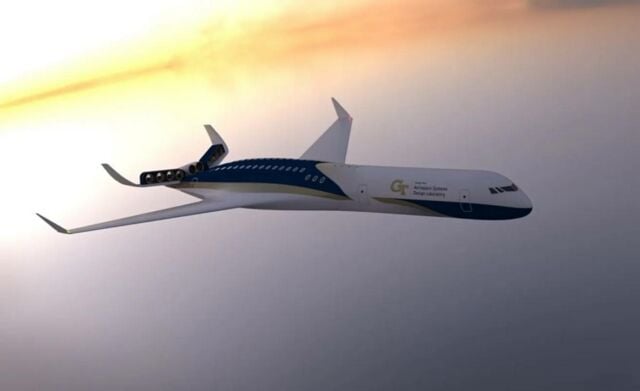
Georgia Institute of Technology’s aircraft concept the institute has developed, known as ATH 2ENA. Georgia Institute of Technology
—
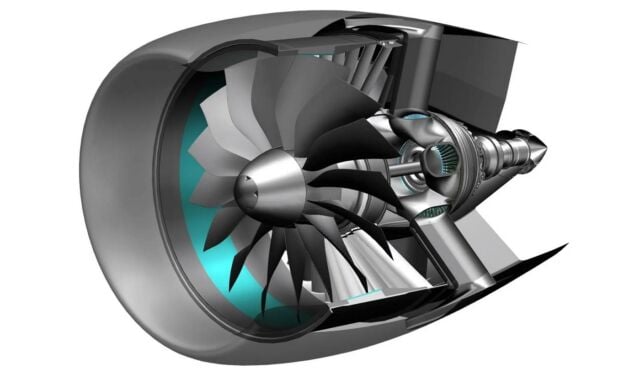
Pratt & Whitney’s advanced propulsion targets thermal and efficiency improvements to reduce fuel consumption and greenhouse gas emissions. Pratt & Whitney
—
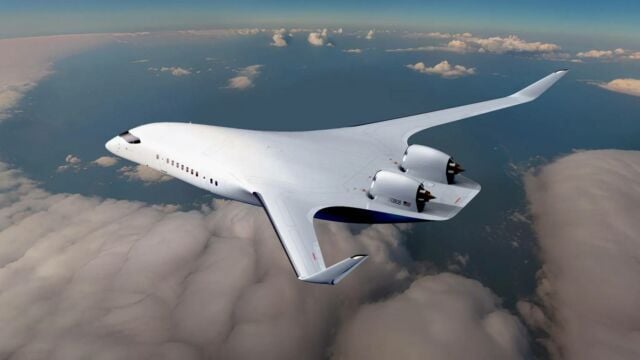
JetZero’s liquid hydrogen-fueled blended wing body, enables cryogenic, liquid hydrogen to be used as a fuel for commercial aviation. JetZero
—
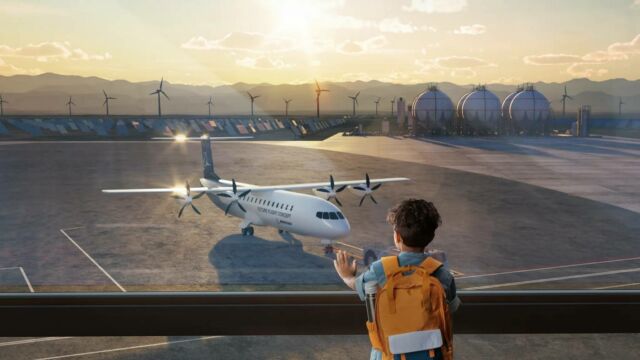
Boeing’s Aurora Flight Sciences is exploring electric and alternative fuel systems. Boeing
source NASA

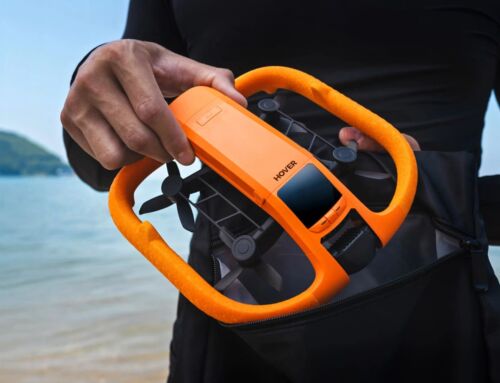
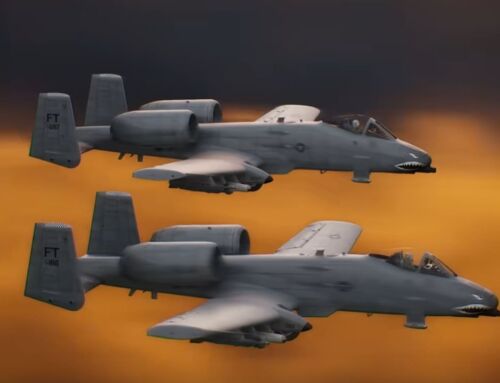
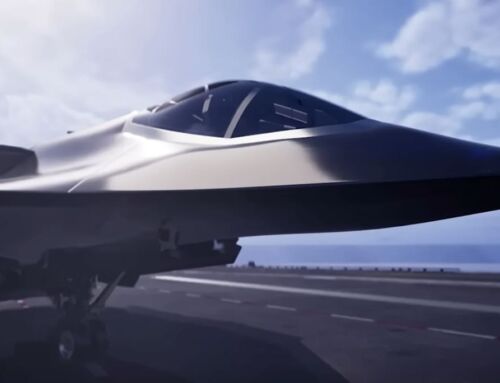
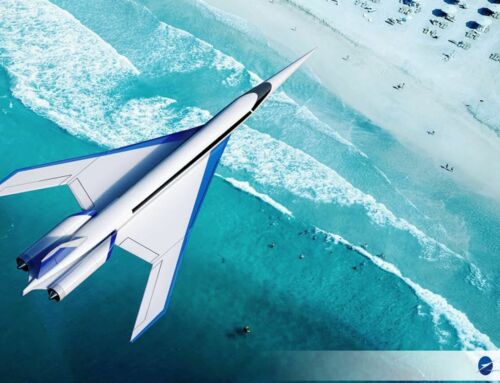
Leave A Comment